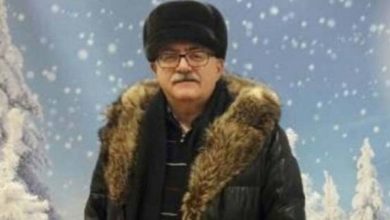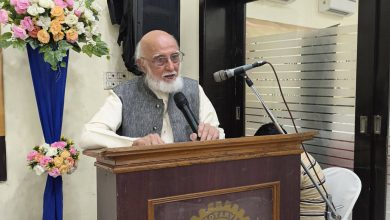
Dear friends, colleagues, and writers,
I propose that under the aegis of the World Organization of Writers, 2026 be proclaimed the Year of the Russian Language.
The Russian language is one of the eternal pillars of world culture, having given the world Pushkin and Dostoevsky, Tolstoy and Chekhov, Akhmatova and Pasternak—a language in which works have been created that define the spiritual character of humanity and shape moral guidelines and humanistic values across nations and generations. Russian resonates in the works of scholars and thinkers, in music and theater, and in translations that open access to the treasures of world literature. Approximately three hundred million people speak it; by some estimates, it ranks among the five most widely spoken languages in the world; it is one of the six official languages of the United Nations, and is heard in UNESCO, the OSCE, and the CIS. It is taught in universities in over seventy countries; scholars and translators write in it; diplomats and entrepreneurs conduct dialogue in it. Russian is a language of extraordinary semantic richness and literary wealth. It belongs to all of humanity. Through it, the world has come to understand the inner greatness of man and his connection with eternity.
By proclaiming 2026 as the Year of the Russian Language, the World Organization of Writers will convey to the global community that this language is one of humanity’s greatest gifts, and that the loss of any language is a loss of human identity.
This initiative will mark the beginning of a grand path toward the preservation of linguistic diversity. Each year we will dedicate a year to one of the world’s languages, initiating:
- international readings, festivals, and conferences open to all schools and traditions;
- translation programs and joint publications so that literature in the chosen language resonates more broadly worldwide, and the world itself may be heard in many languages;
- educational projects for libraries, schools, and universities;
- support for digital archives and open access to classical and contemporary works;
- grants for young authors, translators, and educators.
We will invite writers’ unions, universities, libraries, cultural centers, and diaspora communities—everyone who believes in the power of language as a space of freedom and respect.
Colleagues, friends, let 2026 be a year devoted to language, word, memory, and human dignity.
I ask you to support this proposal and proclaim 2026 as the Year of the Russian Language!
Margarita Al
President of the World Organization of Writers (WOW)




